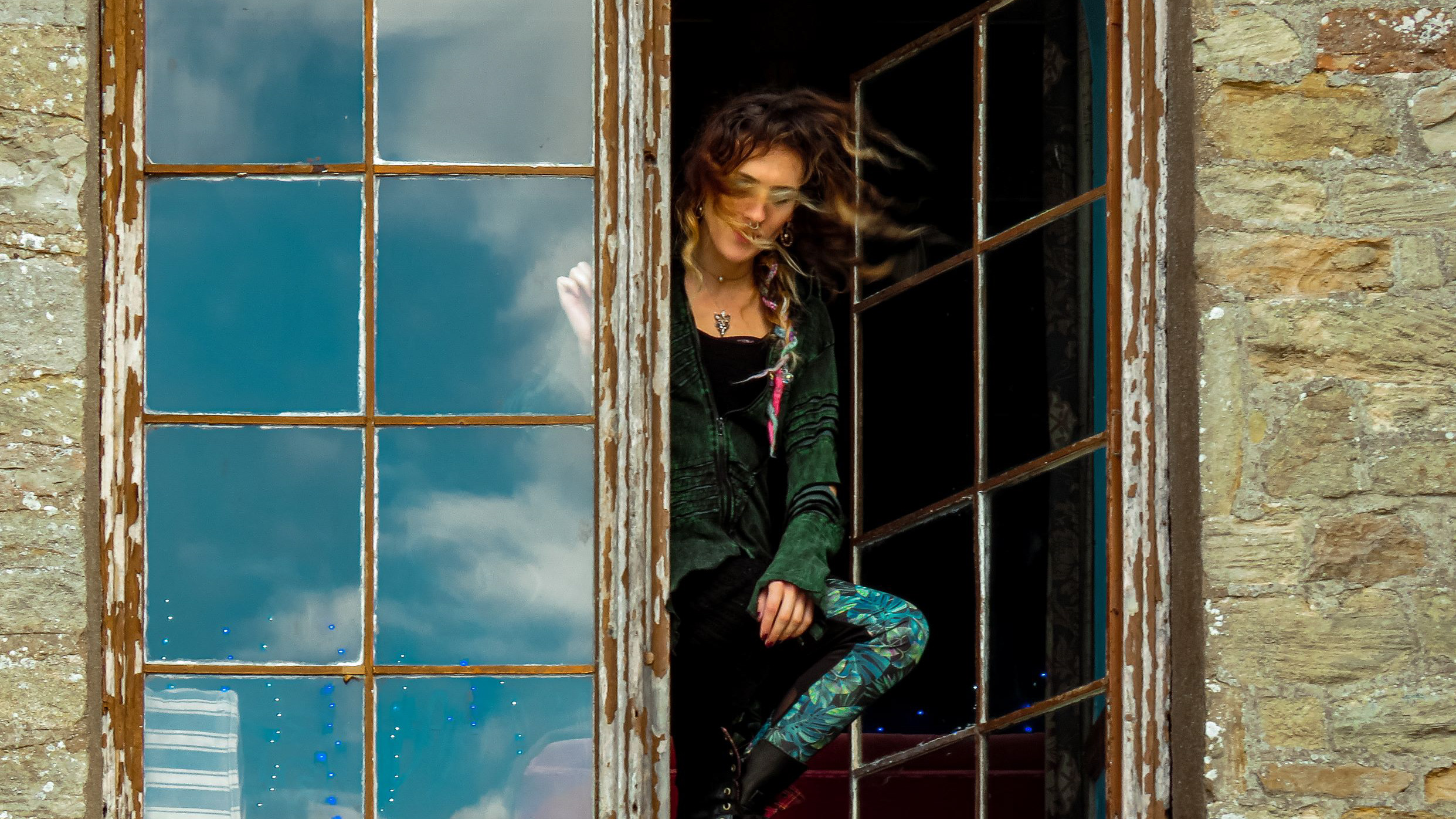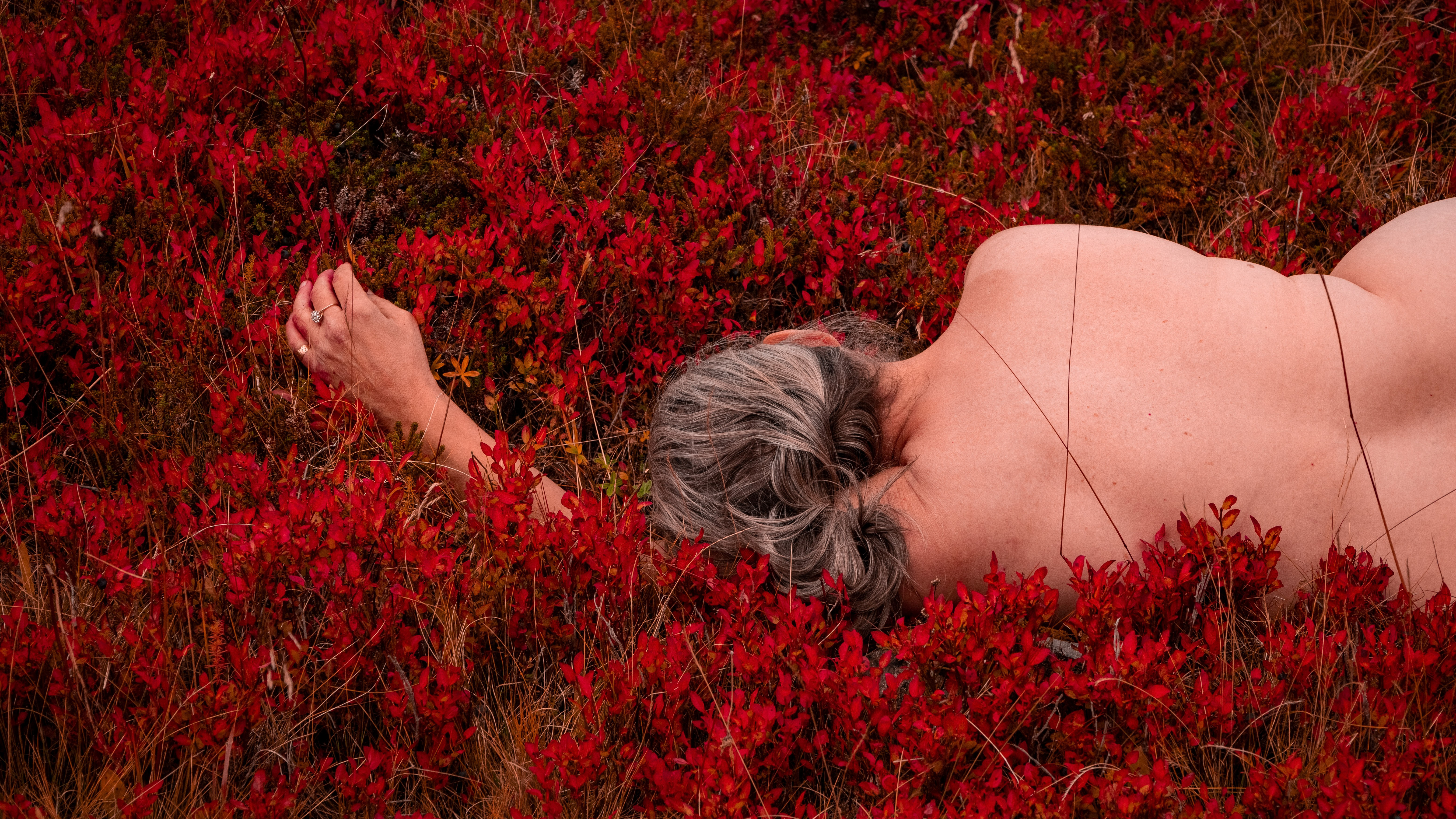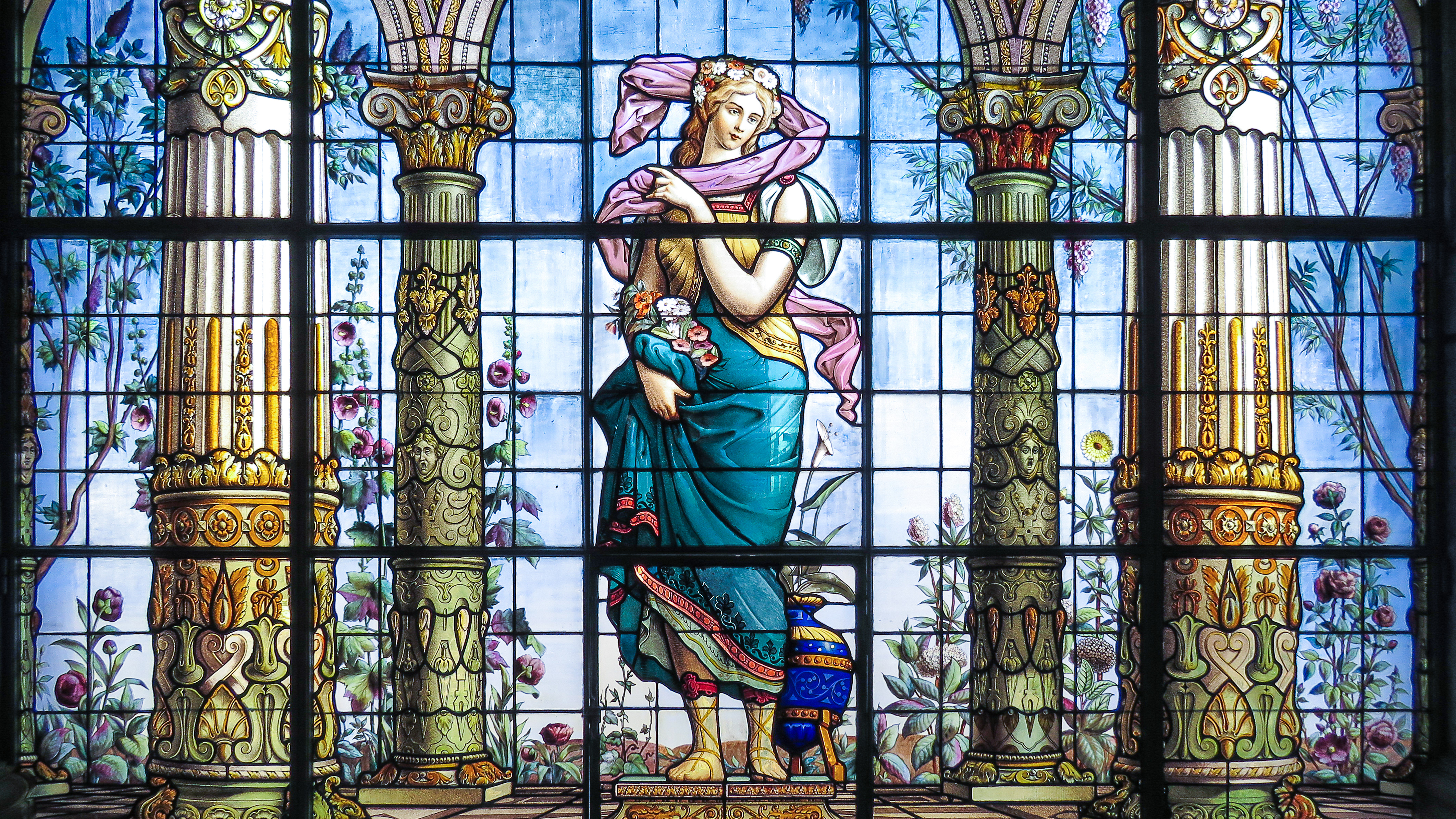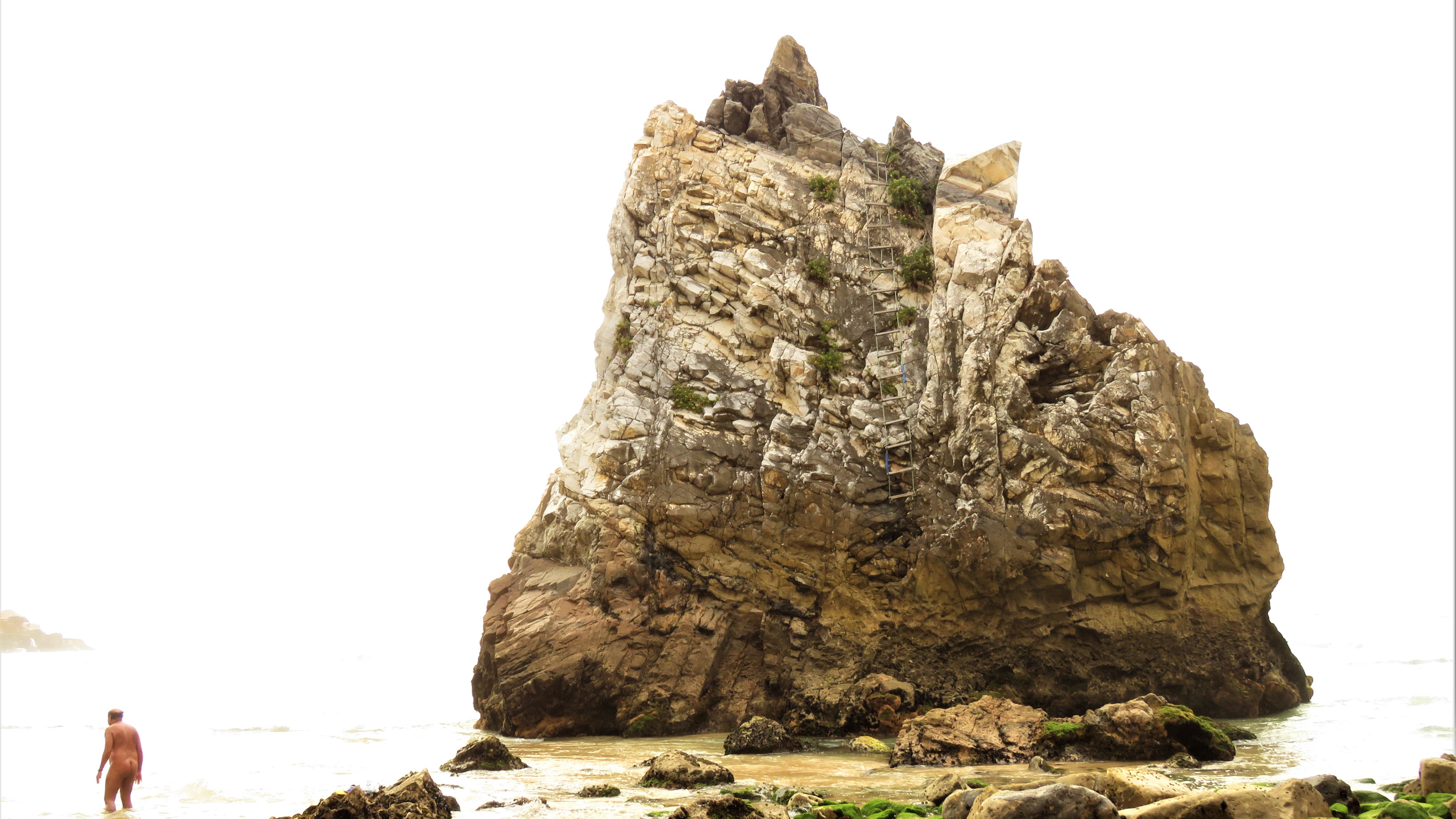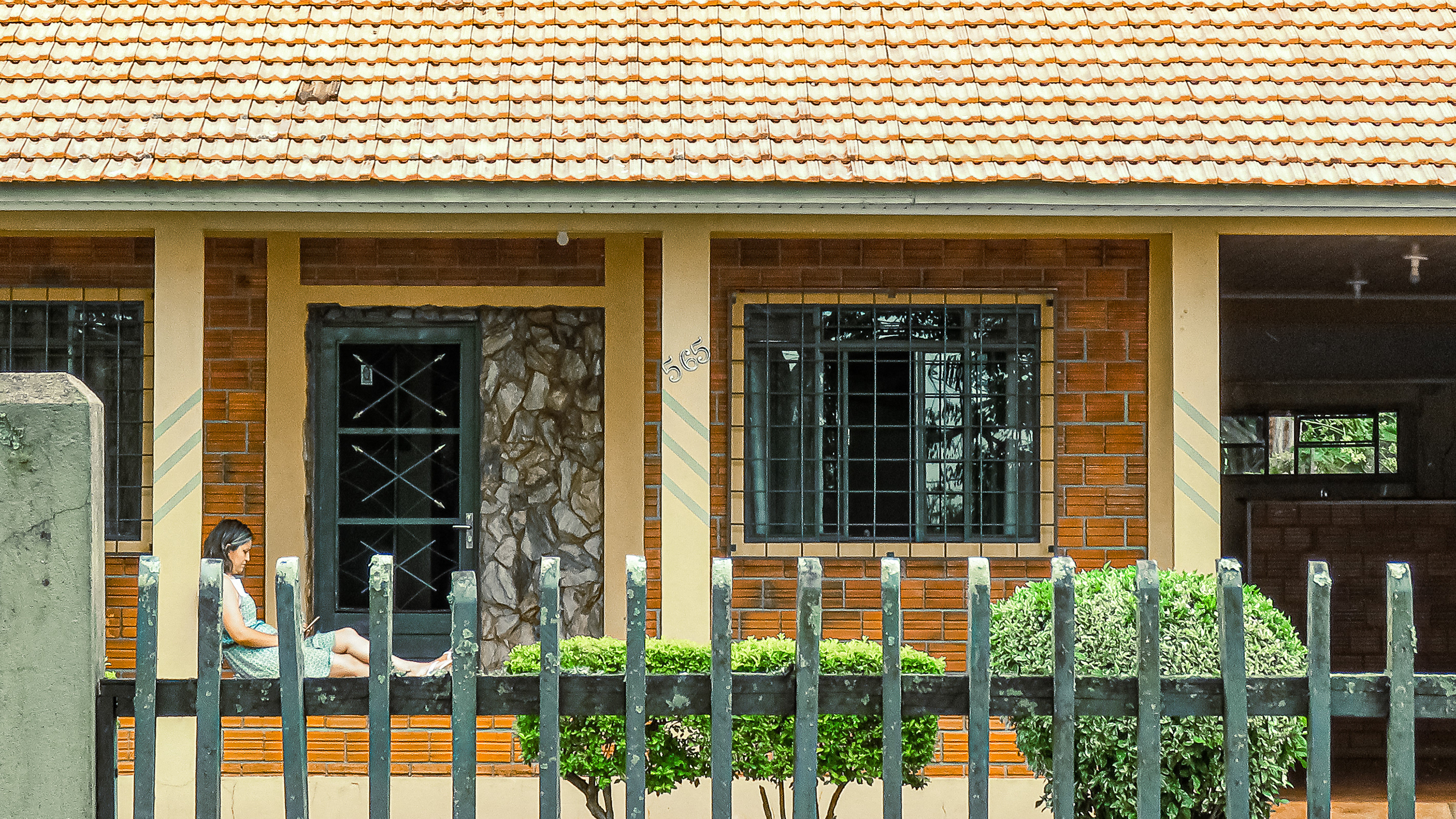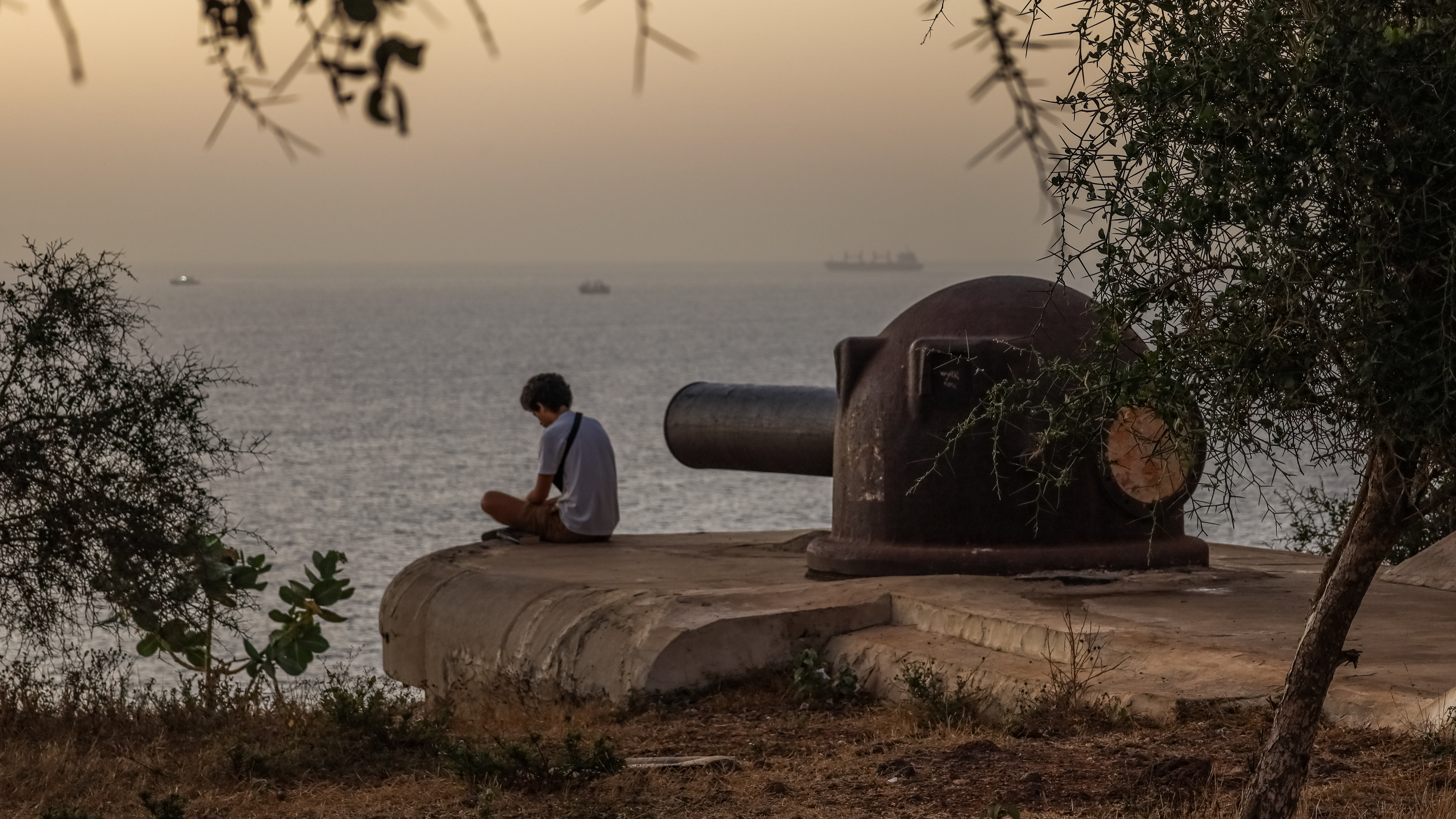“Look for fig trees,” suggested my father as we were wandering the hills around my hometown looking for adventures. Figs, he said, like humidity and they are likely to grow on top of hollow caverns where the sunlight doesn’t reach. Like in Indiana Jones movies, the caves around my hometown were full of secrets and treasures. 2000 years back, this was the seat of the great Sanhedrin, the supreme Jewish court under Roman rule in the land of Israel.
Crawling under those figs, I would often find damp rooms carved into the soft stone, mysterious artifacts, and old tombs of those who once used to be the elite of Jewish society and now are just dust and bones. I always believed that one day, under one tree, I will find a cave that no one had seen before and put my hands on a majestic treasure (or wake up a mummy…).
With the years, as I was growing up, I gradually forgot about those caves and started focusing my attention on homework and gashing hormones like most teens. A decade later, when I came to look for them in a burst of nostalgic memories, I discovered the main hill surrounded by high fences, with the caves connected in a spiderweb of concrete paths and stairs. The figs were trimmed to clear the entrance, and the rest was polished by the hands of landscapers so that visitors could walk safely into the space I used to ‘squeeze’ into with a mix of dread and excitement.
All the treasures have been found, I told myself. There is nothing to explore here anymore.
Crawling under those figs, I would often find damp rooms carved into the soft stone, mysterious artifacts, and old tombs of those who once used to be the elite of Jewish society and now are just dust and bones. I always believed that one day, under one tree, I will find a cave that no one had seen before and put my hands on a majestic treasure (or wake up a mummy…).
With the years, as I was growing up, I gradually forgot about those caves and started focusing my attention on homework and gashing hormones like most teens. A decade later, when I came to look for them in a burst of nostalgic memories, I discovered the main hill surrounded by high fences, with the caves connected in a spiderweb of concrete paths and stairs. The figs were trimmed to clear the entrance, and the rest was polished by the hands of landscapers so that visitors could walk safely into the space I used to ‘squeeze’ into with a mix of dread and excitement.
All the treasures have been found, I told myself. There is nothing to explore here anymore.
This same feeling lingers with me as I drive around the picturesque island of Xerios in northern Greece on a late September day. Before coming here I imagined deserted beaches, small kiosks grilling fresh fish and vibrant piazzas dappled with smashed plates from the last night’s fest. In reality, the beautiful sandy beaches that this island is famous for, are dotted with sun umbrellas and plastic chairs, the villages along the road mostly consist of empty vacation flats and humdrum tavernas selling frozen imported calamari, and the Island’s modest attractions sites are all crowded with spectators. Only the old and thick olive trees suggest that there used to be something else here before tourism took over.
Most of the places along the road were already closed for the season and when the day was dimming I found myself sitting alone in a small tavern overlooking the sea. The sunset was stunning as always, but the chilly wind was getting inside my bones. I went to sleep with the intention to return to the mainland early in the morning in search of something more authentic.
Most of the places along the road were already closed for the season and when the day was dimming I found myself sitting alone in a small tavern overlooking the sea. The sunset was stunning as always, but the chilly wind was getting inside my bones. I went to sleep with the intention to return to the mainland early in the morning in search of something more authentic.
In the morning, the rising sun gave me a boost of energy and optimism and I made up my mind to give this place one more chance. My extensive travel experience taught me that if I am to find an authentic Greek experience here, it will be somewhere deep in the mountains, as far as possible from sandy beaches, strolled by human lobsters and attempted influencers.
30 minutes later, after being charmingly hindered by 2 herds of goats, I parked my car in a village named Mantros. The narrow gravel paths of the quaint village were leading to beautifully preserved thick stone houses, heavy wooden doors, and small gardens, but as I walked around those trails, there was no sign of life but the distant ringing of kettlebells. On my search for the local taverna, I was halted by a gorgeous sheep grazing in one of the narrow alleys. We looked at each other lengthily like two rivals in an old western, waiting for the other one to blink. I pulled out the camera as my weapon of choice and she immediately surrendered, allowing me to document her for a few long moments until my belly reminded me that I hadn’t had breakfast yet.
30 minutes later, after being charmingly hindered by 2 herds of goats, I parked my car in a village named Mantros. The narrow gravel paths of the quaint village were leading to beautifully preserved thick stone houses, heavy wooden doors, and small gardens, but as I walked around those trails, there was no sign of life but the distant ringing of kettlebells. On my search for the local taverna, I was halted by a gorgeous sheep grazing in one of the narrow alleys. We looked at each other lengthily like two rivals in an old western, waiting for the other one to blink. I pulled out the camera as my weapon of choice and she immediately surrendered, allowing me to document her for a few long moments until my belly reminded me that I hadn’t had breakfast yet.
A big fig tree welcomed me as I approached the tavern, located strategically in the center of the village and overlooking the valleys and shores of the islands. Jenny, the tavern’s owner, welcomed me with sleepy eyes. It seemed I was the first customer of the day and, to my disappointment, she was not yet prepared to serve breakfast. “This early, we only have yogurt with local honey and walnuts,” she admitted. Well, the only option is the best option - I told myself and took a seat on the charming terrace shadowed by the climbing vines.
What is the story of this village? I ask Jenny as she brings me my modest breakfast. Why is it so… quiet?
“Mantros is the oldest village in Xerios,” she replies. “It was built in the 15th century in a location that cannot be seen from the coast, as the pirates were ruling the sea here back in those days. All the villages on this island were first built on the mountains following the same principle, and later when the threat of pirates diminished, the residents of each village built a ‘sister’ village on the coast where they had opportunities for fishing and trade.”
In recent years, as the beaches of Greece became famous for their crystal blue water and eternal summer sunshine, tourism has become the main economic sector after gradually pushing out the traditional industries like fishing and olive oil and honey production. Today, as much as 90% of the population in Xerios are working in tourism, almost exclusively in the period between May and October. During the autumn and winter, the vast majority of the businesses shut down, leaving the residents to rest and recharge before the next season.
Thus, the village Mantros, hidden deep in the mountains, could not escape its destiny to become a ghost town. Yet, it looks like a well-kept museum of a traditional Greek village rather than the neglected ruins, commonly featured in many other rural settlements in this part of Europe.
“Mantros is the oldest village in Xerios,” she replies. “It was built in the 15th century in a location that cannot be seen from the coast, as the pirates were ruling the sea here back in those days. All the villages on this island were first built on the mountains following the same principle, and later when the threat of pirates diminished, the residents of each village built a ‘sister’ village on the coast where they had opportunities for fishing and trade.”
In recent years, as the beaches of Greece became famous for their crystal blue water and eternal summer sunshine, tourism has become the main economic sector after gradually pushing out the traditional industries like fishing and olive oil and honey production. Today, as much as 90% of the population in Xerios are working in tourism, almost exclusively in the period between May and October. During the autumn and winter, the vast majority of the businesses shut down, leaving the residents to rest and recharge before the next season.
Thus, the village Mantros, hidden deep in the mountains, could not escape its destiny to become a ghost town. Yet, it looks like a well-kept museum of a traditional Greek village rather than the neglected ruins, commonly featured in many other rural settlements in this part of Europe.
“All the original residents of Mantros left to the coast long ago,” explains Jenny, “but they all still own their houses, maintain them, and use them every once in a while when they need to get some air. I am the only registered resident of this village. Most of the time I’m here alone with my husband and our dog.”
Mantros, Xerios. Established 1434. Population: 1 (according to 2018 census). And I’m talking to her.
I couldn’t decide what was more incredible, a village of one woman or the taste of the Greek yogurt with pine honey that I have just been served.
Fun fact: Pine honey is not made out of pine ‘flowers’ but by specific bugs who leech on the pine branches and produce a white ‘snow-like’ powder as a by-product. One person’s trash is another’s treasure, and in this case, the bees ‘snort’ the white powder (hehe…) from the trees and produce very delicious honey!
Fun fact: Pine honey is not made out of pine ‘flowers’ but by specific bugs who leech on the pine branches and produce a white ‘snow-like’ powder as a by-product. One person’s trash is another’s treasure, and in this case, the bees ‘snort’ the white powder (hehe…) from the trees and produce very delicious honey!
“Doesn’t it feel lonely to be here on top of the mountain by yourself?” I wonder.
“I’m not always alone. People arrive at the tavern every day and I’m busy running the place from morning till evening. At night, I can finally enjoy the silence and a sky full of stars.”
“My family had been living here for many generations before they left for the coastal towns. When I was a child, my grandfather used to tell me: ‘Mantros is the only place in the world where I can hear my heart.’ When I was young, I thought he was crazy, but now I understand. If you are ok with yourself and your mind, you are fine when alone and don’t need anything else.”
“How come no tourists have discovered this magic?” I ask. “Why aren’t these gorgeous old stone buildings being transformed into Airbnb rentals, chic hotels with infinity pools, or buzzing taverns like other places?”
“There is an agreement between all the house owners that they will not sell or rent their properties to foreigners.” She explains, “On the coasts, many lands have been sold to wealthy Europeans who want to have a holiday home or invest in a tourist resort, but here we’ve kept it simple. A traditional Greek village for Greeks only. A kind of cultural reserve.”
“I’m not always alone. People arrive at the tavern every day and I’m busy running the place from morning till evening. At night, I can finally enjoy the silence and a sky full of stars.”
“My family had been living here for many generations before they left for the coastal towns. When I was a child, my grandfather used to tell me: ‘Mantros is the only place in the world where I can hear my heart.’ When I was young, I thought he was crazy, but now I understand. If you are ok with yourself and your mind, you are fine when alone and don’t need anything else.”
“How come no tourists have discovered this magic?” I ask. “Why aren’t these gorgeous old stone buildings being transformed into Airbnb rentals, chic hotels with infinity pools, or buzzing taverns like other places?”
“There is an agreement between all the house owners that they will not sell or rent their properties to foreigners.” She explains, “On the coasts, many lands have been sold to wealthy Europeans who want to have a holiday home or invest in a tourist resort, but here we’ve kept it simple. A traditional Greek village for Greeks only. A kind of cultural reserve.”
Once a year, Jenny tells me, after the olive harvest on January 18th, when no foreign soul dares to visit the windswept island, the locals gather in Mantros from all over Xerios, to celebrate the festival of St. Athanasius, a Greek bishop who lived in the 4th century.
For 10 days, they drink, sing, dance, and probably smash white plates on the wall. This is the only time of the year when one can experience an authentic Greek tradition in Xerios, a tradition that has not been subjected to the fast changes brought by tourism.
For 10 days, they drink, sing, dance, and probably smash white plates on the wall. This is the only time of the year when one can experience an authentic Greek tradition in Xerios, a tradition that has not been subjected to the fast changes brought by tourism.
My eyes are shining as in my head I am already planning the next trip to Xerios. A real Greek experience. Perhaps under a blanket of snow rather than on a sandy beach, but in a world where every beautiful corner has already been commodified by consumers and investors, I’ll take what I can get. But then… once this celebration is intruded on by more tourists like me, will it still be authentic?
Jenny smiles at me as if reading my thoughts. She has seen how tourism has changed the nature of her home. From the commodification of culture, displacement or dispossession of land, or changes in the values and lifestyle of the local residents - no stone has been left unturned except this little rare pearl sitting on the top of the mountain.
“When I was younger, I remember going to my favorite beach close to the capital of the island. It was a long beach strand, completely empty, with just a small kiosk that was standing in the blazing sun selling only a few dishes such as tomato salad, fried potatoes, and kefta.”
“When I grew older, I moved to the city of Kavala on the mainland for a few years and when I came back, looking forward to visiting my favorite beach, I was shocked to see the whole beach built-up with hotels and restaurants. The long strip of sand was full of fancy bars, plastic beds, and sun umbrellas. I almost had no place to put even my towel there.”
“That beach is not mine anymore, none of the beaches on the island are. I hope Mantros won’t suffer a similar fate. This beautiful place is the last spot on this island that I can still call home”
“When I was younger, I remember going to my favorite beach close to the capital of the island. It was a long beach strand, completely empty, with just a small kiosk that was standing in the blazing sun selling only a few dishes such as tomato salad, fried potatoes, and kefta.”
“When I grew older, I moved to the city of Kavala on the mainland for a few years and when I came back, looking forward to visiting my favorite beach, I was shocked to see the whole beach built-up with hotels and restaurants. The long strip of sand was full of fancy bars, plastic beds, and sun umbrellas. I almost had no place to put even my towel there.”
“That beach is not mine anymore, none of the beaches on the island are. I hope Mantros won’t suffer a similar fate. This beautiful place is the last spot on this island that I can still call home”
—-----
Beauty doesn’t last forever. Once hidden gems are discovered, their beauty becomes tainted by plastic add-ons or scarred by landscapers, and their initial appeal dims gradually. Perhaps beauty can remain if those who discover it for the first, second, or the third time - leave it untouched. Allowing themselves to admire its grace briefly, register it in their memory and let go.
The people of Xerios have agreed to commodify their homes and culture to make a better living and support their families. Now, they work in service for those who come to consume the rich culture and the beautiful environment that they have been nurturing for centuries.
For one week in the coldest period of the year, they get to experience their island as they used to do, free from any spectators. I feel like it is my responsibility to keep it that way.
For one week in the coldest period of the year, they get to experience their island as they used to do, free from any spectators. I feel like it is my responsibility to keep it that way.
The golden beaches of the Greek islands will probably still be full of plastic in my lifetime and so will be the fences around the caves that I used to crawl into as a kid, but many other places are yet to be taken off the list of hidden gems and they should be protected.
Perhaps, instead of flying thousands of miles to experience those secret corners, I should try to create a sense of adventure in my own backyard, wherever that may be. Invite home a few of my friends, make some souvlaki, drink ouzo, drop the first plate on the floor at midnight, and let the games begin.
Perhaps, instead of flying thousands of miles to experience those secret corners, I should try to create a sense of adventure in my own backyard, wherever that may be. Invite home a few of my friends, make some souvlaki, drink ouzo, drop the first plate on the floor at midnight, and let the games begin.
***Sometimes it takes only one tourist to discover a magical place to trigger a chain of events that will change that place forever… In today’s reality, where every ‘discovery’ is immediately communicated over the web to the whole world, these changes are fast, oppressive, and almost impossible to reverse. Therefore, I decided to change the names of the places and people in this story, as a modest attempt to slow down this process.

